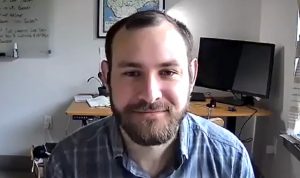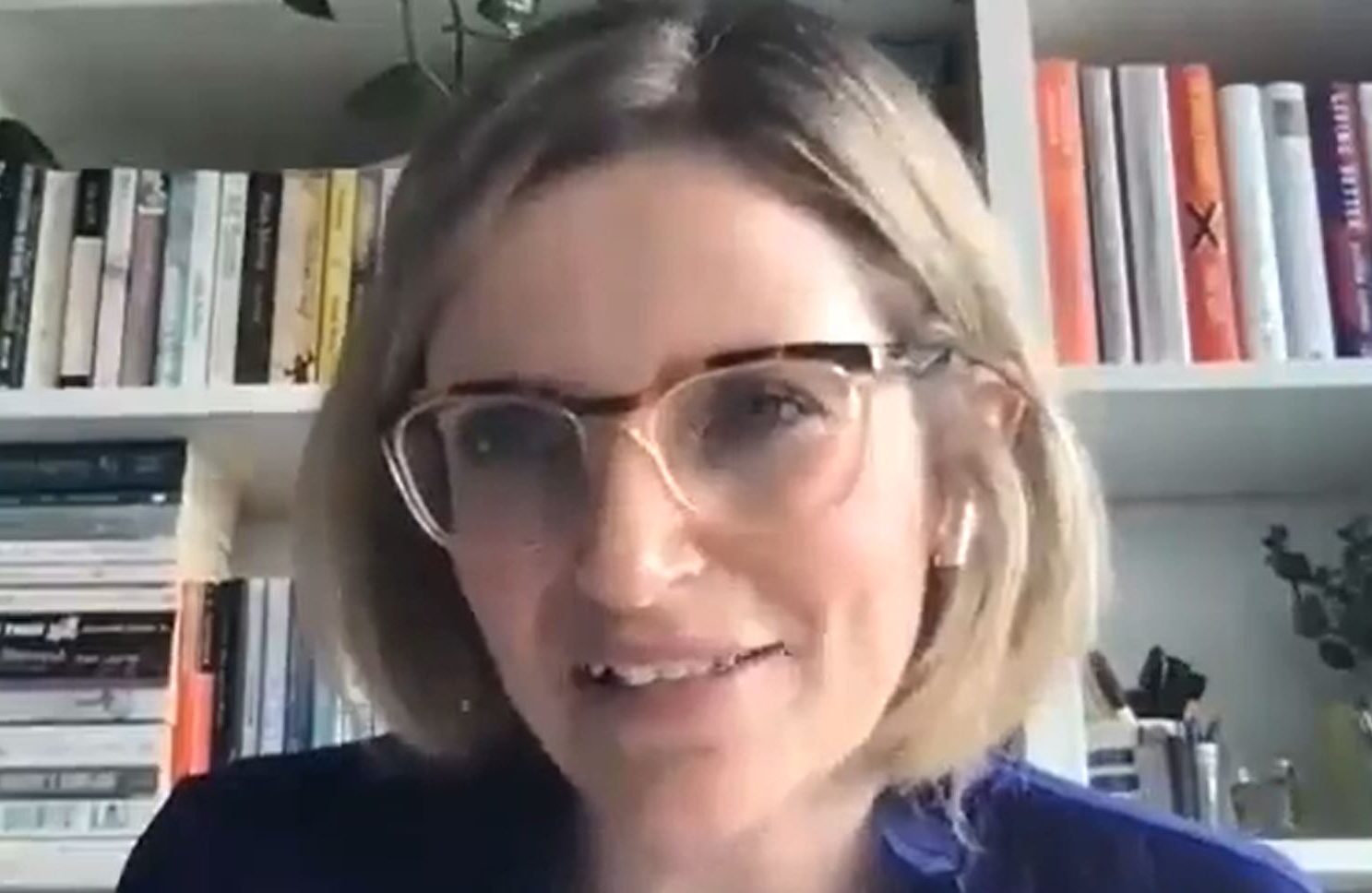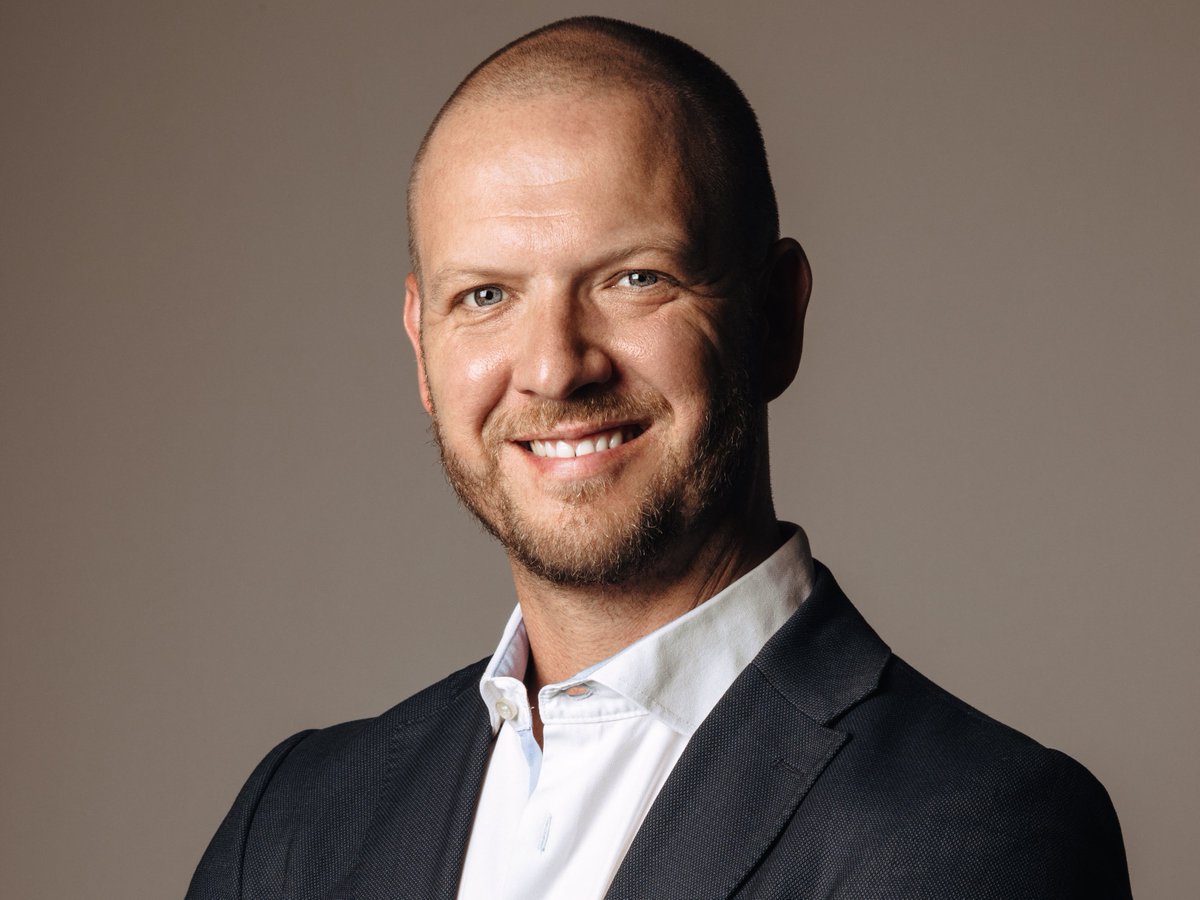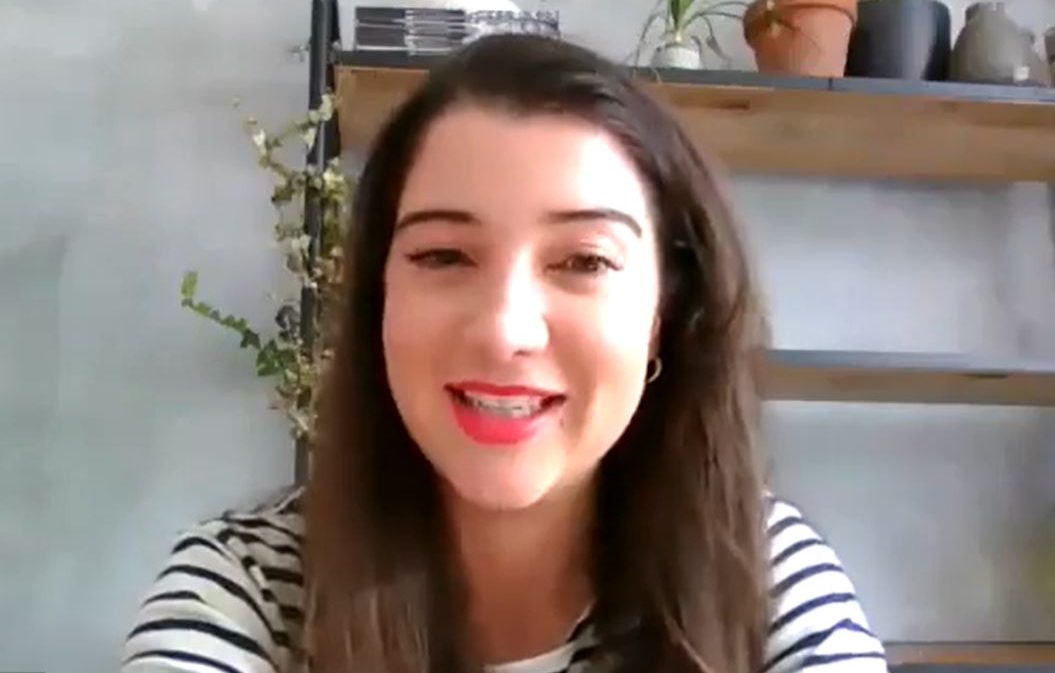In the midst of my cohort’s Exec. Masters in Social Business and Entrepreneurship the novel coronavirus grew into a global pandemic. There was an overwhelming sense that humanity’s greatest challenges were ahead of us. In many ways the circumstance defined my experience. It emphatically gave me a single realization: Altruistic entrepreneurs will be key in overcoming any new challenges as they have been for generations.

Before starting the EMSBE program at the LSE I was a founding team member at Thrive Farmers International. Thrive is a B-corp certified social business that ensures stable wages for farming partners. Our goal was to see farmers in developing countries prosper through a true partnership model and direct access to the US market. Our initial focus was in coffee and we later expanded into tea, botanicals, cacao, and spices. Thrive is still alive and well; A testament to the possibilities of innovating in agriculture while balancing impact and profit.
Having seen first-hand the power of social business to create scalable impact, I wanted to further explore the possibilities of leveraging business as a tool to positively change lives. I wanted to start my own social business. My wife and I sold everything we owned to pursue a fledgling idea that began to materialize through the EMSBE program. We moved from the US to London to take advantage of the LSE community and resources. I believed the LSE would give us the greatest chance of success as we stepped out into a world of uncertainty. I had no idea just how uncertain things would become.
Three weeks after we arrived in London the entire UK went into lockdown. Trapped in a small second floor flat in West London, we sought to start what would become M Cultivo. I was a first time founder going through a first time pandemic in a new marriage in a new city. The experience of starting a company can be an isolating one and the circumstances only exacerbated that feeling.
The EMSBE program became a guiding force in navigating all of the uncertainty. It provided the tools to overcome the early challenges of empathizing with users and defining the problem. It encouraged me to focus and refine the solution. And, above all, it engaged an optimistic team of creative altruists as a support network.
There were two other cohort members that made up the M Cultivo project’s mighty team of three. We worked tirelessly together. My team members approached the project in the same way I had: It was not a project designed to win us accolades in academia, it was something that we would launch to change the world in some small way. In my experience the program attracts these types of individuals. Their work is a calling. They are highly intelligent, highly motivated, and incredibly compassionate. We were altruistic entrepreneurs before starting the program, the LSE just had the foresight to offer us a place to convene.
M Cultivo was officially launched before the end of the program. Our platform puts pertinent market information into the hands of coffee farmers via SMS text and WhatsApp messages. Farmers get full visibility of the prices offered by different coffee processing facilities in their area, so they can make better decisions about where to sell their crop, and negotiate a fair price. Other industry stakeholders pay for access to the automated farmer communication tool, the inventory management system, and market insights generated from data collection.
M Cultivo answers the call of so many smallholder farmers around the world. It is a simple but powerful tool that corrects decades of market inequality. Coffee farmers now have the ability to choose who they sell to and when; No longer do they wonder if they can trust a buyer. They have the information they need to sustain their farms and support their families.
My worst fear for M Cultivo is not failure. It is overwhelming success that is broadly harmful. The LSE provided the framework and cohort for me to vigorously pursue my ideas while optimizing impact and avoiding harm. The stereotypical academic approach that lacks real world applicability was completely absent. The leadership of the program treated our cohort as team members in pursuit of a better world. Our cohort (working full-time) was able to immediately apply learnings and share experience. We were able to grow and rely on each other in the midst of a global crisis. It was this unique combination of applicable study, a supportive staff, altruistic individuals, and a bizarre circumstance that yielded the launch of a new social business. M Cultivo will forever be an extension of the journey I started at the LSE.
David Paparelli




